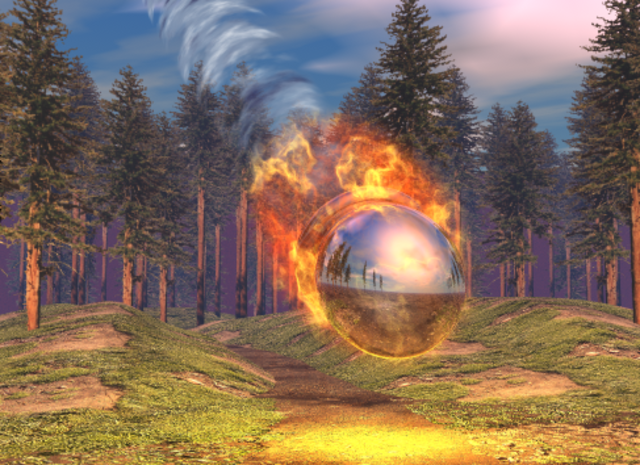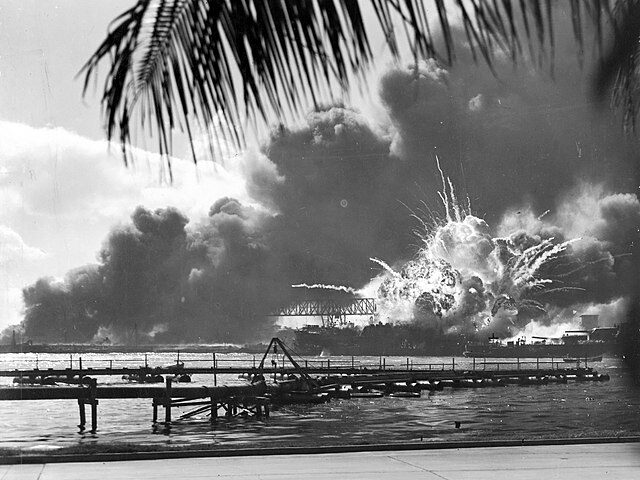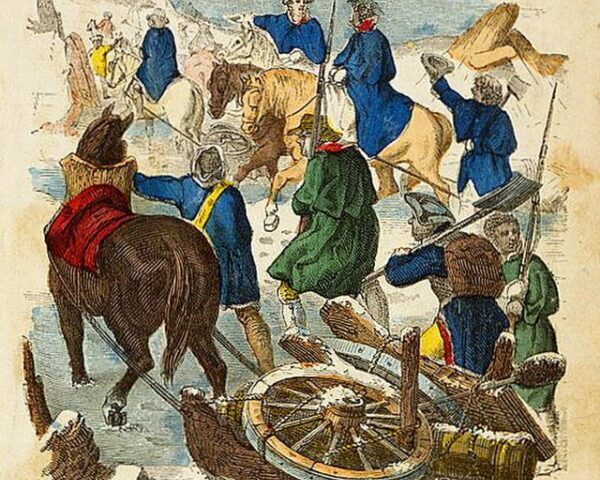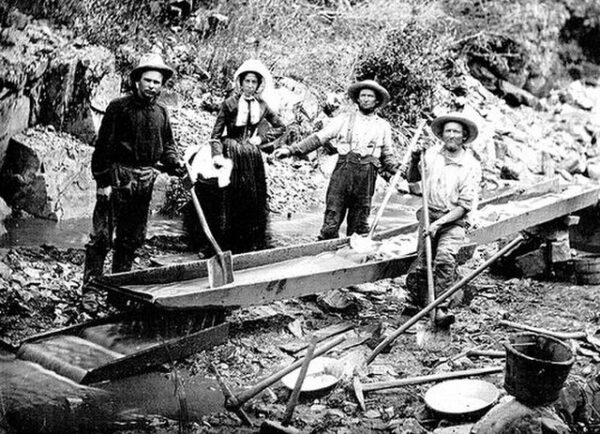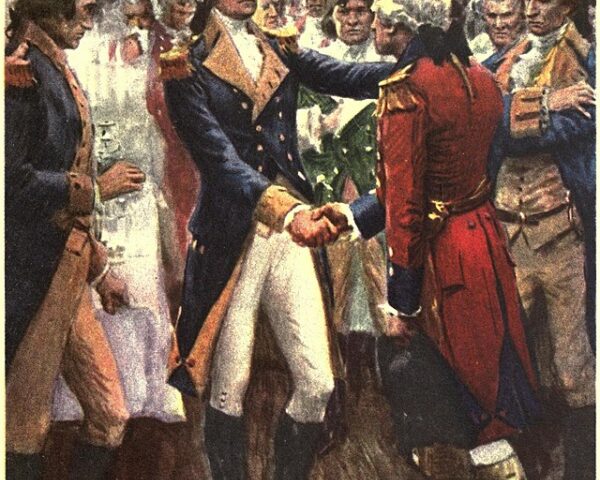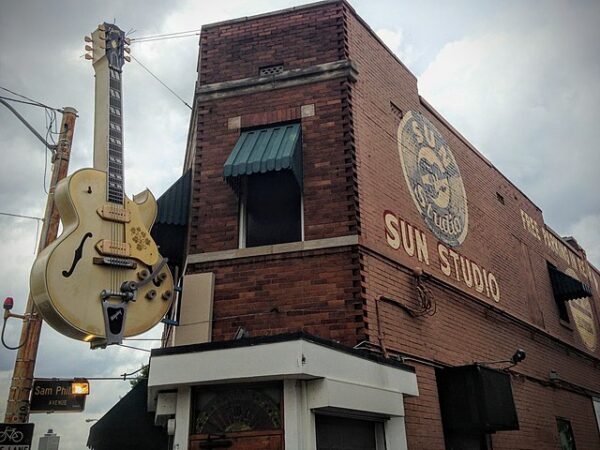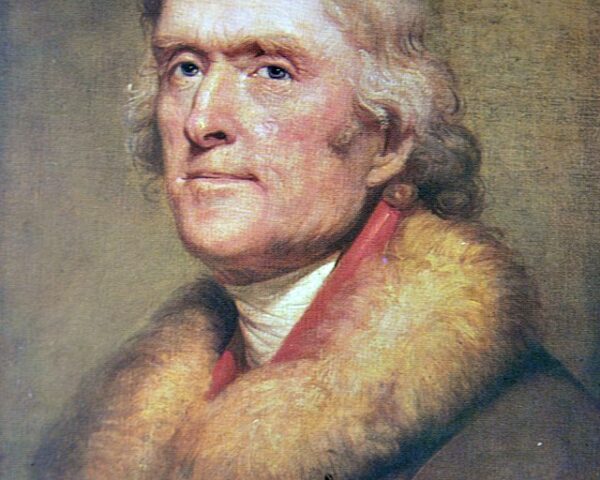On December 9, 1965, an extraordinary event unfolded in the skies over the United States, drawing the attention of thousands from Michigan to Pennsylvania. Witnesses described a glowing fireball streaking through the atmosphere, sparking awe and curiosity. This dazzling phenomenon would soon become one…
Read MoreOn December 7, 1787, Delaware earned its nickname “The First State” by becoming the first to ratify the United States Constitution. This moment marked the start of the Constitution’s path to becoming the supreme law of the land. Delaware’s unanimous decision reflected its leaders’…
Read MoreIt’s a date that will live in infamy. Pearl Harbor. December 7, 1941. The Japanese sneak attack against the United States naval base on Pearl Harbor, Hawaii, not only changed the course of American history, but world history The attack, consisting of surprise aerial…
Read MoreNapster, a groundbreaking peer-to-peer file-sharing platform, emerged in 1999 as a transformative force in the music industry. Founded by Shawn Fanning and Sean Parker, Napster allowed users to share and download music files without purchasing them, creating a digital community where music enthusiasts could…
Read MoreDuring the winter of 1775-1776, General George Washington faced a dire need for artillery to break the British siege of Boston. That’s when Brigadier General Henry Knox, Washington’s Chief of Artillery, proposed a daring plan to transported “the guns of Ticonderoga” to Beantown, covering…
Read MoreOn December 5, 1848, President James K. Polk delivered a message to Congress that changed the nation forever. He said gold had been found in California. His declaration set in motion one of the most transformative episodes in American history: the California Gold Rush.…
Read MoreOn December 4, 1783, General George Washington stood before his officers at Fraunces Tavern in New York City to bid them farewell. The event marked the end of the American Revolutionary War and symbolized the transition from a nation in conflict to one embarking…
Read MoreOn the fateful evening of December 4, 1956, an unassuming recording studio in Memphis, Tennessee, bore witness to a historic gathering of musicians that would only ever happen once. Sun Studio, under the proprietorship of the visionary Sam Phillips, became the unexpected stage for…
Read MoreOn December 3, 1989, the world learned that the most protracted, most potentially destructive cold war between the United States and the USSR was on the verge of coming to an end. Held just a month after the tearing down of the Berlin Wall,…
Read MoreThe United States presidential election of 1800 remains one of the most dramatic and pivotal in the nation’s history. At its core was the Electoral College, the mechanism by which the president and vice president are formally elected. On December 3, the electors cast…
Read More

